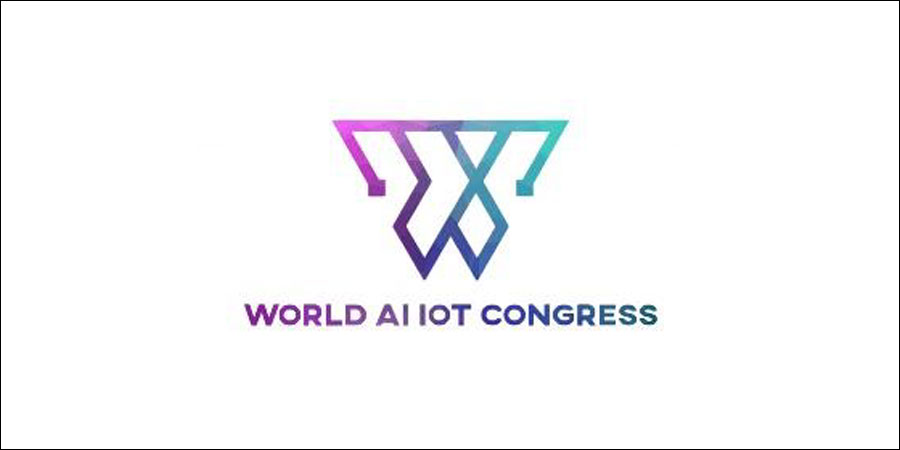Overview
IEEE-USA position statements identify important technical and/or career-related aspects of specific public policy issues deemed to be of concern to or affecting IEEE’s U.S. members. The Statements make specific public policy recommendations and provide recommended approaches for consideration by the U.S. Congress, Executive Branch officials, the Judiciary, representatives of State and Local Government, and other interested groups and individuals, including IEEE members.
Select a topical area to find the list of relevant IEEE-USA position statements or learn more about them here. See also position statements and policy communications adopted by IEEE’s Standards Association. Statements marked with an asterisk (*) are currently under review with updates expected in 2023.
Policy Positions
About IEEE-USA Position Statements
IEEE-USA position statements identify important technical and/or career-related aspects of specific public policy issues deemed to be of concern to or affecting IEEE’s U.S. members. The Statements make specific public policy recommendations and provide recommended approaches for consideration by the U.S. Congress, Executive Branch officials, the Judiciary, representatives of State and Local Government, and other interested groups and individuals, including IEEE members.
All IEEE-USA position statements must be approved by the IEEE-USA Board of Directors. They are first initiated and/or reviewed by IEEE-USA volunteer committees comprised of U.S. IEEE members with expertise in the subject field, including liaison representatives (where appointed) of IEEE technical societies, divisions, regions and sections. Once approved by the committee, a proposed position statement is then reviewed by the Vice President of Government Relations and the IEEE-USA Government Relations Council, subjected to a Communications Review, and finally presented to the IEEE-USA Board of Directors for consideration. When position statements address issues of specific concern to other IEEE organizational units (e.g. standards), consultation with that organizational unit is conducted as part of the review process. The specific processes and policies governing development and approval of IEEE-USA position statements are outlined in Section 10 of the IEEE-USA Operations Manual and explained in this guide to developing IEEE-USA position statements.
IEEE-USA position statements are not copyrighted and may be linked to, reproduced or excerpted with appropriate attribution as entity positions of the IEEE-United States of America (IEEE-USA). IEEE-USA position statements should not be attributed as policy statements of IEEE or any other IEEE organizational unit.
Staff Contact
Director, IEEE-USA Government Relations
r.t.harrison@ieee.org
+1 202 530 8326









